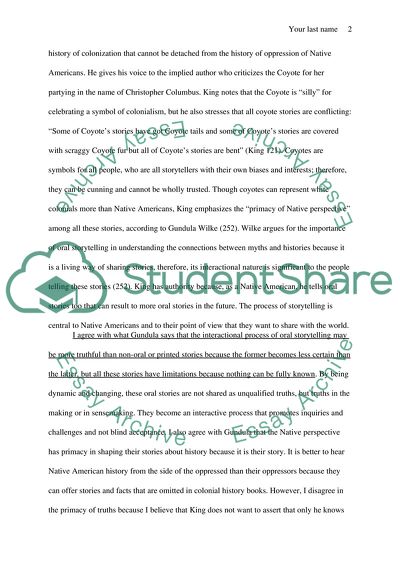Cite this document
(Point of View: In Search of Truths about History and Society Term Paper, n.d.)
Point of View: In Search of Truths about History and Society Term Paper. https://studentshare.org/literature/1814019-fiction-studies
Point of View: In Search of Truths about History and Society Term Paper. https://studentshare.org/literature/1814019-fiction-studies
(Point of View: In Search of Truths about History and Society Term Paper)
Point of View: In Search of Truths about History and Society Term Paper. https://studentshare.org/literature/1814019-fiction-studies.
Point of View: In Search of Truths about History and Society Term Paper. https://studentshare.org/literature/1814019-fiction-studies.
“Point of View: In Search of Truths about History and Society Term Paper”. https://studentshare.org/literature/1814019-fiction-studies.


